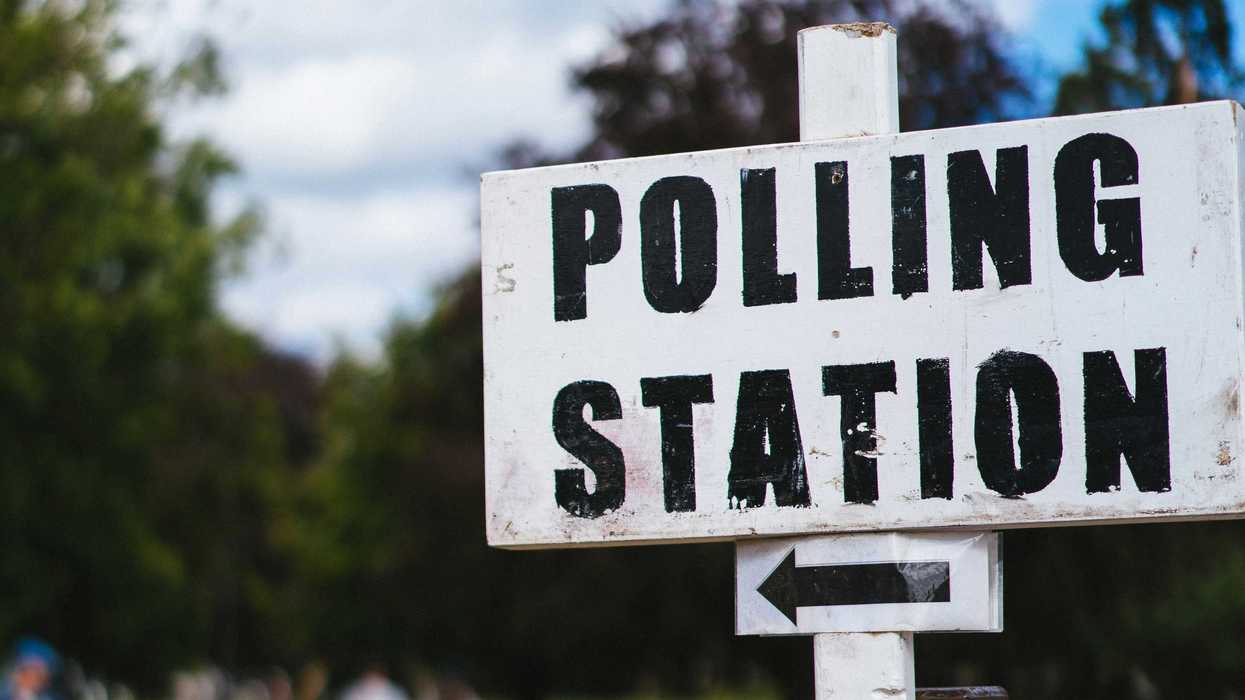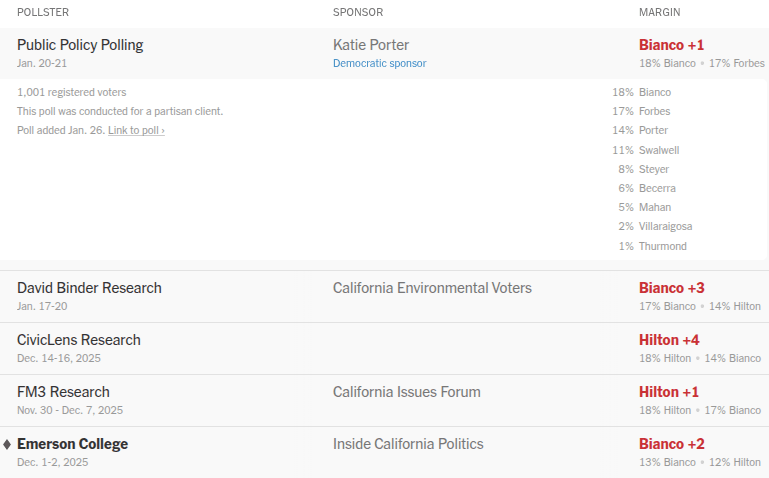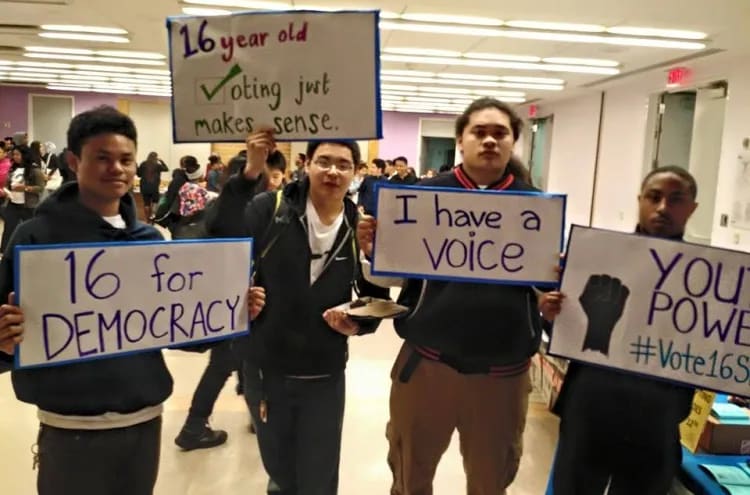Today, we bring you the next in our series on current and former members of Congress nominated to a cabinet post by President-elect Trump, originally published by Govtrack.us
The Senate will vote on Trump’s nominees once they are formally nominated after he takes office, but senators have already begun meeting with the expected nominees. They may also hold hearings ahead of Trump’s inauguration to expedite the confirmation process.
How did Trump’s Veterans Affairs Secretary nominee, Doug Collins, vote in Congress?
Former Rep. Doug Collins (R-GA9) is President-elect Donald Trump’s pick to replace Denis McDonough as Secretary of Veterans Affairs. The position requires confirmation by the Senate.
Collins served in the House from 2013 to 2020, However, as a Military.com article noted, Collins “did not play a prominent role on veterans issues during that time [in Congress] and never served on the House Veterans Affairs Committee.”
Instead, he appears to have been nominated largely due to his military biography. Collins served as a Navy Reserve chaplain in the 1980s, left to earn divinity and law degrees, then rejoined the military as an Air Force chaplain after the September 11, 2001 attacks, including a 2008 deployment to Iraq.
He declined to run for reelection in 2020 to run for Georgia’s Senate seat, but finished third in the open primary, failing to advance to the runoff with the top two candidates. (The seat was open due to a resignation. Trump publicly advocated that Georgia’s governor appoint Collins to temporarily fill the seat, though the governor selected someone else.)
Since leaving office, Collins has served as Georgia’s state chair for the Trump-affiliated America First Policy Institute.
Bills about veterans
Collins was the lead sponsor of 117 bills in Congress, several related to veterans issues:
Newborn Care Improvement Act
This bill would have doubled the maximum length of healthcare provided for a baby born to a veteran at a VA hospital or facility, from seven days to 14. Collins introduced the bill with bipartisan cosponsorship in 2014, 2015, and 2017, but it never received a House vote.
Current law remains seven days.
Expanding Veterans’ Access to Choice Act
In 2014, a series of scandals emerged about VA hospital and medical facility backlogs and wait times, particularly focusing on one Phoenix facility. Ultimately, up to 40 veterans died while waiting for medical care in Phoenix alone. Overall, at least 42 VA institutions were placed under investigation. President Obama’s VA Secretary, Eric Shinseki, resigned.
In response, Congress enacted a new law that same year with a number of reforms. Yet even after the enactment, Collins thought something was still missing. So, he added a short addendum for clarification:
Any veteran who lived within 40 miles of a VA hospital but couldn’t be assigned a VA doctor or receive their needed medical care within that 40-mile distance still remained eligible for the government’s Veterans Choice medical program.
The bill attracted bipartisan cosponsorship but never received a standalone vote. As far as GovTrack can determine, it does not appear the measure was ever enacted.
Major votes about the VA
Collins voted for perhaps the three biggest veterans-related laws during his congressional tenure – although that’s not too revealing about his priorities, since the vast majority of Congress voted for all three as well.
However, the subsequent history of those laws reveals how congressional intent doesn’t always work as intended in practice.
First was the aforementioned Veterans Access, Choice, and Accountability Act of 2014, a set of reforms after the VA health scandals. The House vote was almost unanimous at 420-5, with all five dissents from Republicans. Collins voted for it.
However, the Obama-era VA stopped implementing aspects of the law in 2016 related to firing and disciplining employees, claiming the provisions were unconstitutional.
Next was the VA Accountability and Whistleblower Protection Act of 2017, which GovTrack covered at the time. That bill enhanced immunities for in-house whistleblowers and made it easier for the VA Secretary to fire employees, particularly after the revelation that some employees had watched pornography on work computers yet weren’t fired. The House vote was 368-55. Collins voted for it.
At that time, 54 of the 55 dissents were Democrats, concerned that avenues for employee appeals were too restricted. Indeed, an appeals court and federal labor boards subsequently curtailed the law. L.
In response, Republicans in the current Congress introduced the Restore VA Accountability Act, which would create another mechanism making it easier for VA employees to be disciplined or fired in a way that might fare better in the courts. The GOP-controlled House Veterans’ Affairs Committee passed it in March, but it may not get a vote in the full chamber or the Senate.
Finally, there was the VA MISSION Act of 2018, which provided a series of technical changes to the agency. The House vote was 347-70. All 70 dissenters were Democrats, who opposed the bill’s lack of a sustainable funding source. The acronym MISSION stood for Maintaining Internal Systems and Strengthening Integrated Outside Networks.
What Congress is saying
Collins “knows the trials of the battlefield, having completed a deployment to Iraq… and has a strong understanding of the policies that impact veterans,” Senate Veterans’ Affairs Committee top Republican Sen. Jerry Moran (R-KS) said in a press release. “President Trump nominated a candidate who has demonstrated his dedication to public service and a willingness to support veterans and their families.”
Democrats seem amenable to the nomination.
"I worked with Doug Collins when he was in Congress. And I look forward to continuing to work with him as VA Secretary,” House Veterans’ Affairs Committee top Democrat Rep. Mark Takano (D-CA39) said in a press release, implying that his nomination was relatively noncontroversial and Senate confirmation was likely.
“I hope we can work together to… continue to address the deadly legacy of toxic exposure, leave no veteran behind, and ensure that VA remains a strong institution that serves all generations of veterans."
The Senate will vote on Trump’s nominees once they are formally nominated after he takes office, but senators have already begun meeting with the expected nominees. They may also hold hearings ahead of Trump’s inauguration, to expedite the confirmation process.
Jesse Rifkin’s writings about politics and Congress have been published in the Washington Post, Politico, Roll Call, Los Angeles Times, CNN Opinion, GovTrack, and USA Today.






















